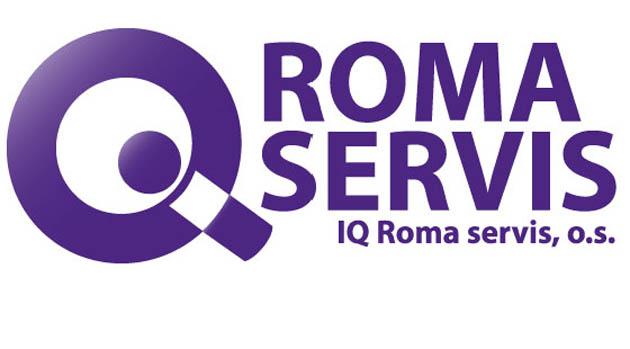Czech NGO: Case conferences can address pupils' school difficulties

Support for the academic and career success of young Roma and for quality inclusive education is one of the main priorities of the IQ Roma servis organization’s Youth Program. The program seeks ways to resolve children’s scholastic difficulties by working with them on an individual basis.
Experience shows that only open communication and interest from more than
one party will lead to a positive turnaround in such situations, so the program aims to involve all parties in active collaboration, i.e., the family, the pupil, the school and any other agencies. Currently the case conference platform is being used as a support mechanism to aid the communication process and jump-start collaboration.
For example, a case conference recently helped a sixth-grade pupil positively turn around a school situation that was deteriorating. "It began with a telephone call from the director of the local primary school who asked if we could coordinate a conference," says Martin Kabát, a pedagogical staffer of IQ Roma servis.
The pupil had started to fall behind and his behavior had significantly worsened – he wasn’t bringing his materials to school or notes excusing his absences, and he was initiating conflicts with his fellow pupils and disrespecting his teachers’ directions. Communication with his mother was difficult – she was not available by phone and did not participate in the parents’ association, and the father did not live with the family.
Kabát contacted the family and proposed a case conference to resolve the situation so that everyone involved could jointly negotiate how to proceed. The meeting at the school involved the boy and his mother, key staffers working with them at a nonprofit organization, two child welfare authority officers, the school director, the boy’s head teacher, a guidance counselor and a facilitator.
The group consulted with the mother on how she could more actively fulfill her parental role, set up a system to monitor the pupil’s fulfillment of his school obligations, and arranged for him to be examined by a Special Education Center. Efforts also including initiating a change in the stance taken toward the pupil by his teachers.
Three such conferences were held over the course of six months. Based on the agreements reached during the meetings, an individual instruction plan was set up and the boy received tutoring, first at the nonprofit center and later at home, leading to his successfully improving his grades, particularly in the subject with which he was having the most problems, mathematics.
The boy now also regularly takes advantage of the recreational activities offered by IQ Roma servis, where staffers endeavor to provide quality after-school activities. His school attendance record has improved.
Unfortunately, active communication was not successfully established between the mother and the school, and the director has expressed concern over whether she will stick to the steps agreed to for her child’s individual integration on the basis of the Special Education Center’s examination. This case shows that a joint approach by the educational/social staffers of collaborating organizations and representatives of the family and the school according to case management principles can be a good way to improve difficult situations in the education and rearing of children.
However, it must be borne in mind that everyone involved in such situations must change – not just the child who has been labeled a problem in the school environment, but also the parents and the school. Only by changing their overall approach and providing long-term support to socially disadvantaged children and parents can a qualitatively positive change come about.
These individualized support activities were implemented as part of the organization’s "Gateway to Education" project, which responds to the low level of educational achievement and the high degree of high school dropout among Romani youth and the economic and social difficulty their parents grapple with. The project is comprised of interconnected activities that comprehensively take into consideration all the relevant aspects of meaningful, successful involvement in the educational process and the economic and social ties of the clients involved; it has been implemented with the financial support of the Czech Government Inter-ministerial Commission for Roma Community Affairs, the Czech Ministry for Education, Youth and Sport, and the Office of the Government of the Czech Republic.